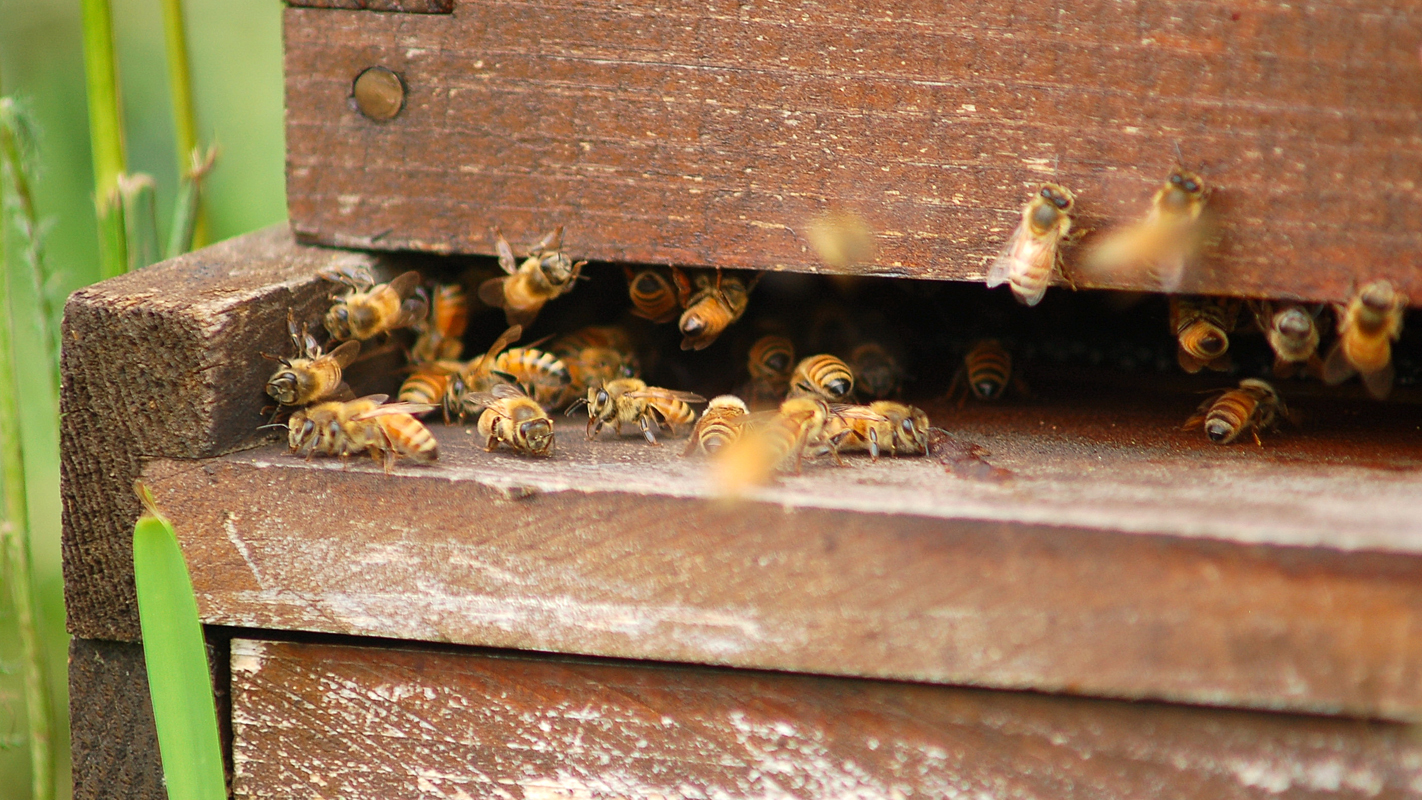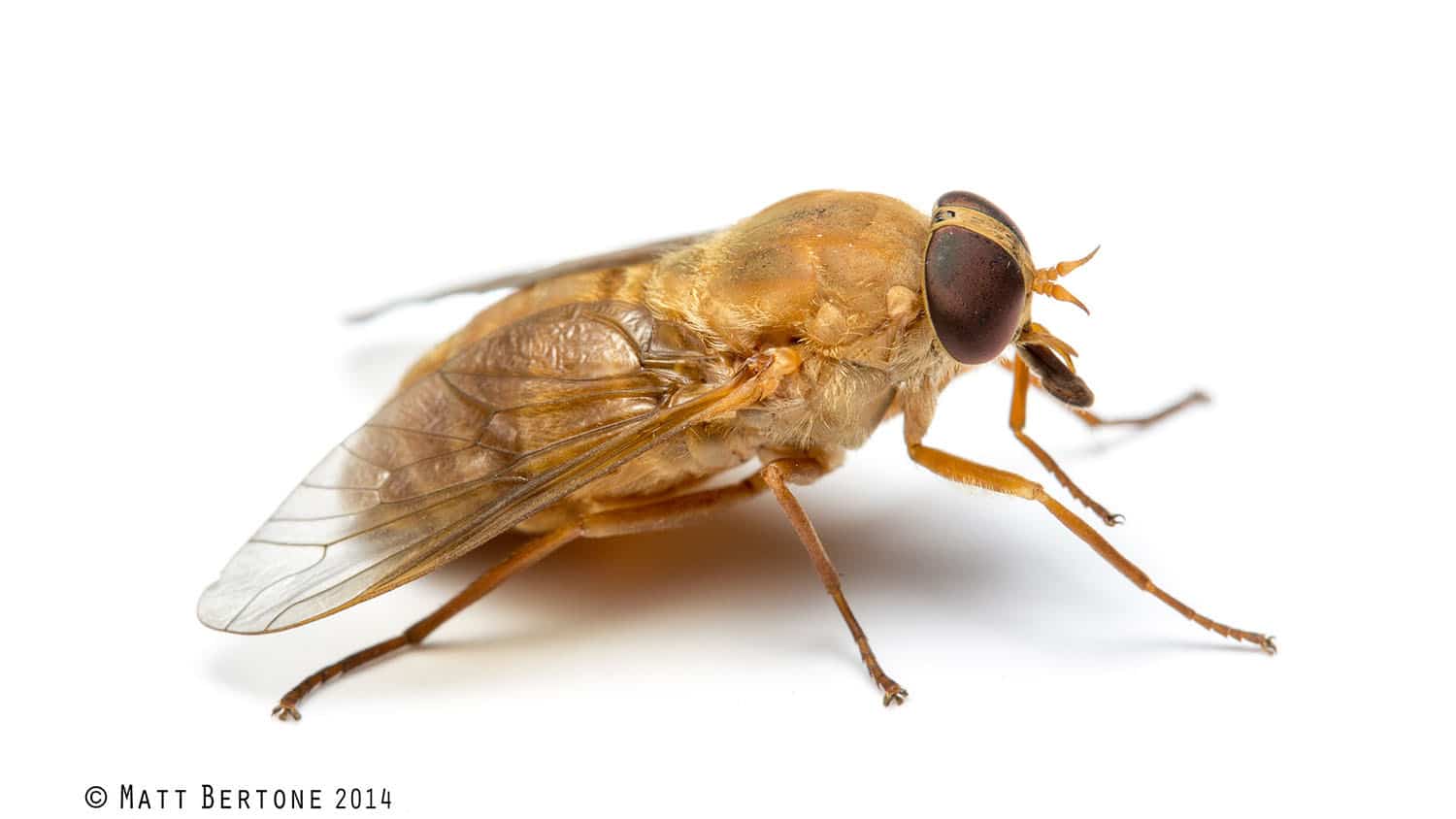How Science Can Help Beekeepers Protect Their Colonies

Honey bees are important for more than just sweetening your cup of tea. They are essential to a wide range of crops and are responsible for more than $15 billion in crop value every year. And technology is helping researchers improve the health of bee colonies to protect these pollinators.
NC State University is home to a program called the Queen & Disease Clinic, which allows beekeepers from anywhere in the U.S. to send in queens or worker bees for analysis. Researchers at NC State can then analyze the bees using sophisticated molecular techniques to assess the reproductive capacity of queen bees or to identify any diseases or genetic anomalies in queens or worker bees.
“The goal of the clinic is to help beekeepers make informed decisions to protect colony health and improve the reproductive capacity of the colony,” says David Tarpy, a professor of entomology at NC State who oversees the clinic.
The clinic, which charges beekeepers a fee for the testing, stems from a large project called the Bee Informed Partnership, which is funded by a USDA grant and involves 17 universities in five states. That project is a collaboration with dozens of beekeepers to sample bee colonies in order to learn more about viruses such as Black Queen Cell Virus. Researchers know these viruses exist, but the project is designed to help them understand how widespread the viruses are and how those viruses affect the health of bee colonies.
“The grant that launched that large-scale project expires at the end of the year, and we wanted to both make the testing sustainable for the long-term and collect additional information about the prevalence and impact of these viruses,” Tarpy says. “We created the Queen & Disease Clinic to address both of those goals.
“It fits neatly into our overarching approach of giving both professional and amateur beekeepers the information and tools they need to be better and more successful beekeepers.”
That approach has also spawned the Beekeeper Education & Engagement System (called BEES – naturally), which consists of 11 introductory and advanced online courses for beekeepers.
“We love bees,” Tarpy says. “But they’re also an important part of the agricultural economy. We want to do whatever we can to help protect and cultivate this important natural resource.”
- Categories:


